“Great” is a word I rarely apply to anyone or anything in the world of sports. But today I’m going to invoke that word in regard to three NFL head coaches – past and present.
My three names for today’s discussion are Don Shula, Bill Walsh, and Chip Kelly.
Two were “great” coaches, but one is not yet, and – as it’s starting to look now – may never be.
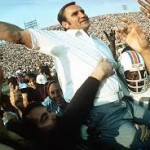 Don Shula won one NFL Championship and also lost Super Bowl III to the New York Jets in his seven seasons coaching the Baltimore Colts. That’s when he established himself as a “good” coach.
Don Shula won one NFL Championship and also lost Super Bowl III to the New York Jets in his seven seasons coaching the Baltimore Colts. That’s when he established himself as a “good” coach.
He took over the Dolphins when Miami entered the NFL in 1970. Within two years, Shula began a run of three consecutive Super Bowl appearances:
– 1971 – Lost 24-3 to the Dallas Cowboys in Super Bowl VI.
– 1972 – Beat the Washington Redskins 14-7 in Super Bowl VII – to complete the only Perfect Season (17-0) in the history of the NFL.
– 1973 – Beat the Minnesota Vikings 24-7 in Super Bowl VIII.
The secret to Shula’s success during those years was a low-powered offense that featured a grind-it-out, time-consuming ground game. For instance, in 1972, Larry Csonka ran for 1,117 yards, Mercury Morris ran for 1,000 yards, and Jim Kiick ran for another 521 yards.
It was run first with his three horses – pass only when necessary. In other words, Don Shula designed his offense to best utilize the skills of his players.
Ten years later, in 1983, Shula was still coaching in Miami when the Dolphins drafted Dan Marino. With a corps of speedy, sure-handed receivers that included Mark Clayton, Mark Duper, and Nat Moore, Shula junked the grind-it-out in favor of a high-powered pass offense and ran only when necessary.
Once again, Shula designed his offense to utilize the skills of his players. That’s “great” coaching.
Bill Walsh started his coaching career as an assistant with the Oakland Raiders under Al Davis. Sid Gillman was the offensive coordinator and Gillman’s style featured a vertical passing game designed to stretch the defense all the way downfield and from sideline to sideline at the same time.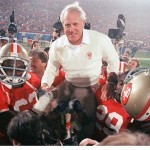
Gillman utilized strong-armed quarterbacks, fleet wide receivers, and running backs adept at catching the football out of the backfield to put constant pressure on the defense as it moved the ball downfield.
Bill Walsh learned the system well and became a “good” coach.
Walsh’s next coaching stop was as the wide-receivers coach under Paul Brown with the Cincinnati Bengals. Virgil Carter was the Bengals quarterback. Carter was an accurate passer but lacked arm-strength. So Walsh helped design an offense to maximize Carter’s strengths and minimize his weaknesses. That offense would one day come to be known as the West Coast Offense.
Eventually, Kenny Anderson replaced Virgil Carter as the Bengals quarterback. Anderson had a strong arm and the Bengals had fleet-footed wide receiver Isaac Curtis by then as well. The result was a vertical passing attack that stretched the field.
In 1979, when Bill Walsh was hired as the head coach of the San Francisco 49ers, he was equally familiar with both vertical and horizontal offensive schemes.
Two years later, when Joe Montana became the starting quarterback, Walsh analyzed Montana strengths and weaknesses. Montana was calm and cool and accurate with his passes – but he couldn’t throw the long ball.
That’s when the West Coast Offense was officially born.
At all of his coaching stops, Bill Walsh was involved with an offensive system tailored around the skills of the players. That’s “great” coaching.
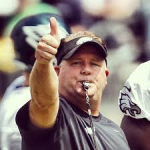 Now let’s take a look at Chip Kelly.
Now let’s take a look at Chip Kelly.
Nick Foles was the starter for most of the 2014 season. Foles was a pocket passer. He never fit the definition of “mobile quarterback” – yet Chip continued to operate his run-option system – and he ran the bulk of his plays out of the shotgun.
Guess what, Chip?
(1) Opposing defenses didn’t consider Foles a threat to run. You fooled no one.
(2) You ignored Foles’ strengths and exacerbated his weaknesses.
(3) You eschewed the T-formation – which would’ve proved beneficial to your quarterback, beneficial to your running backs, beneficial to your play-action passing attack – and would have cloaked some mystery around your play selection.
(4) You stubbornly refused to run out of the T-formation in Goal-Line situations – and your pig-headedness cost you wins against the 49ers and the Cardinals. By the time you figured out that running Chris Polk up the middle with the quarterback under center produced touchdowns instead of getting running backs trapped behind the line of scrimmage, it was too late.
A “great” coach like Don Shula or Bill Walsh would’ve dumped the run-option, maximized Nick Foles’ strengths, and minimized his weaknesses. But you steadfastly refused to do so.
And over the last week – culminating with yesterday’s suspicious trading of Nick Foles for Sam Bradford – it looks as if you’ve condemned the Eagles to commit hari kari.
Last night, I heard on a caller on WIP – on Rob Ellis’s last show on the station – say “Chip Kelly is too smart to do something so stupid.”
I hope the caller’s right. I hope Sam Bradford will be used to trade up to get Marcus Mariota. Personally, I find it hard to believe that another team wants Bradford – but I hope they do.
For the first time since the Foles-Mariota merry-go-round began months ago, I want the Eagles to somehow acquire Mariota. Otherwise, I’m going to join thousands of other Eagles fans who are going to figuratively plunge themselves onto their swords to commit hari kari.
Barry Bowe is the author of Born to Be Wild and 1964 – The Year the Phillies Blew the Pennant.
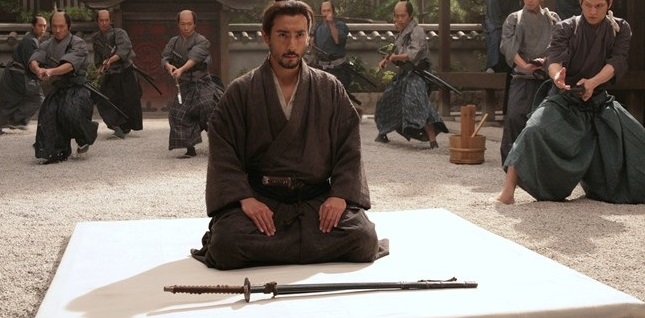


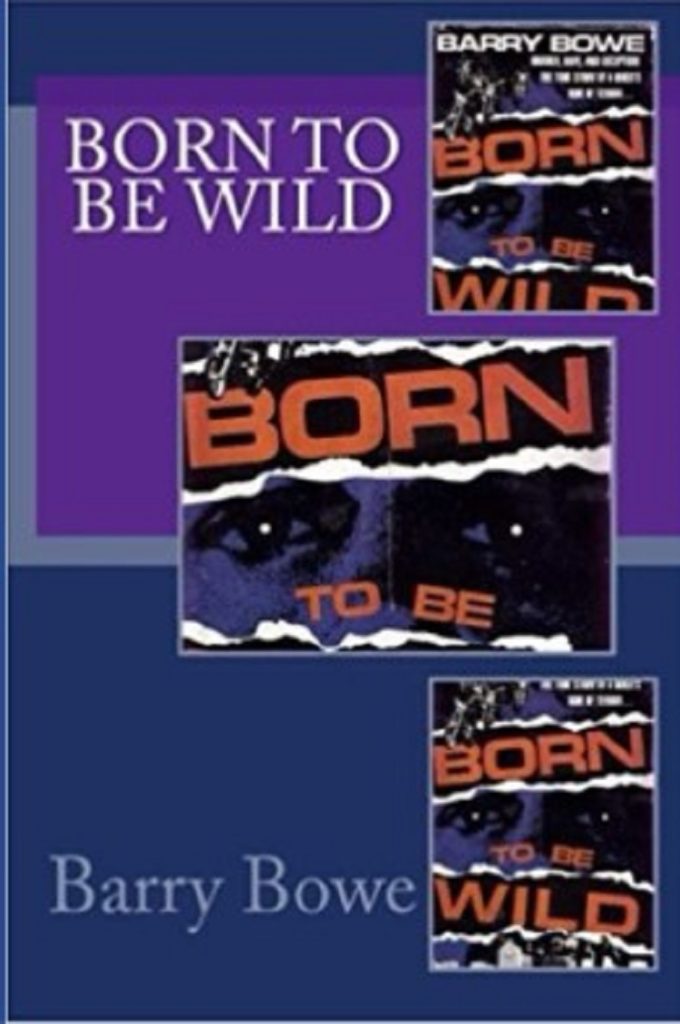

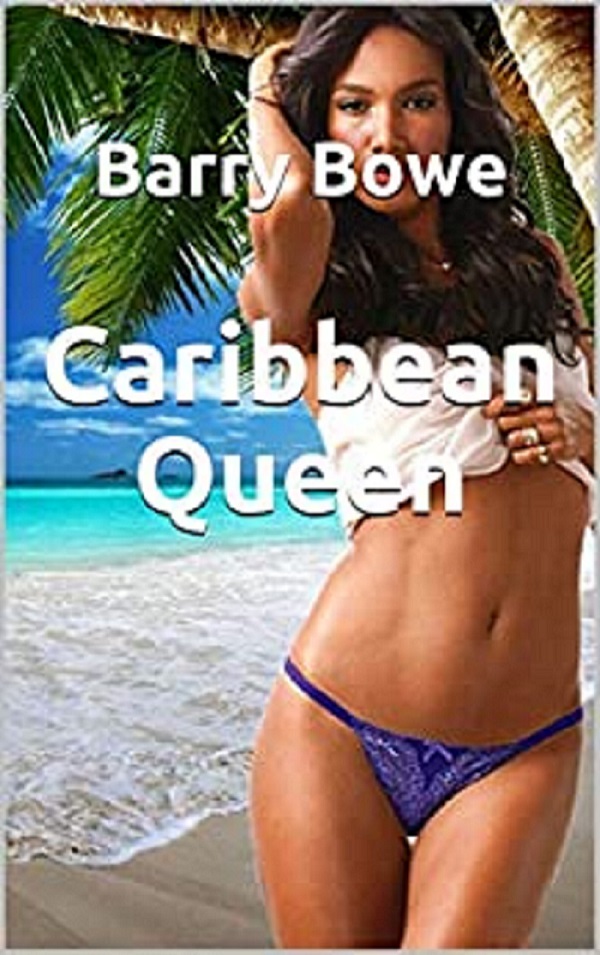
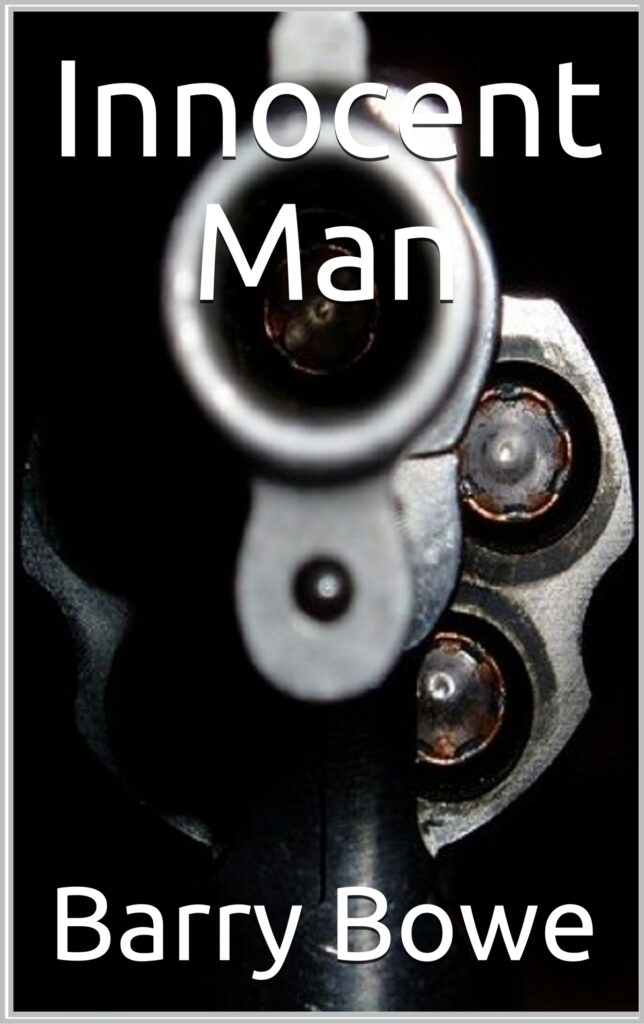
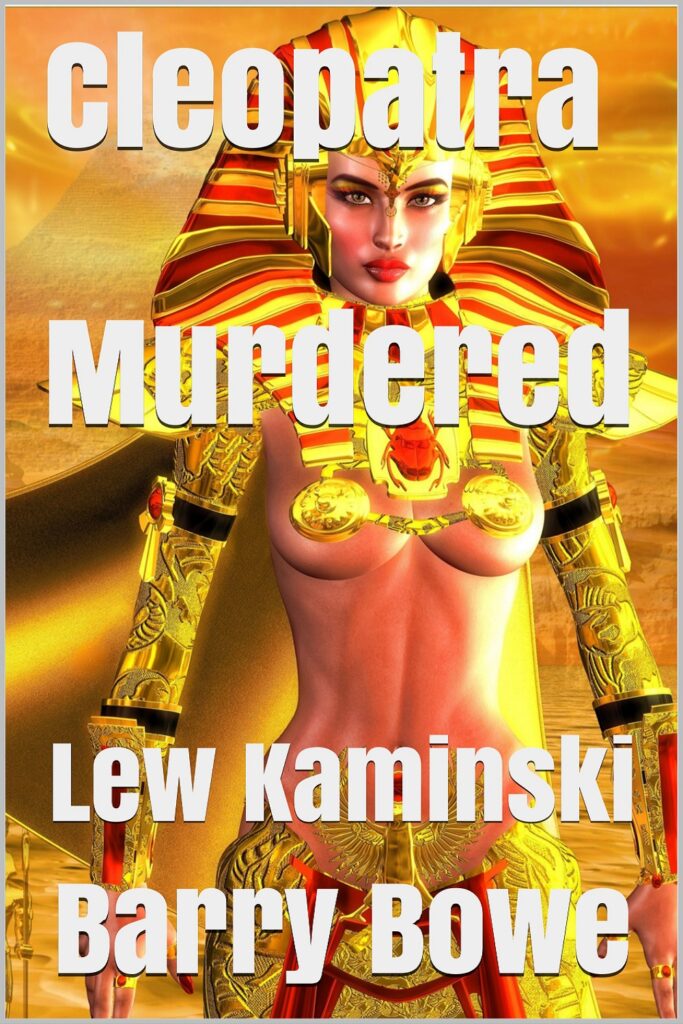
Comments
No Comments